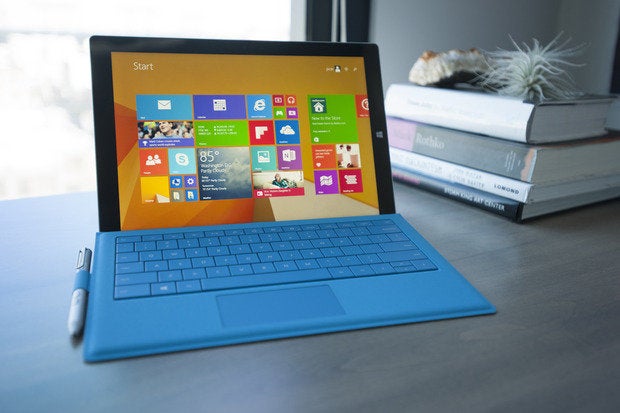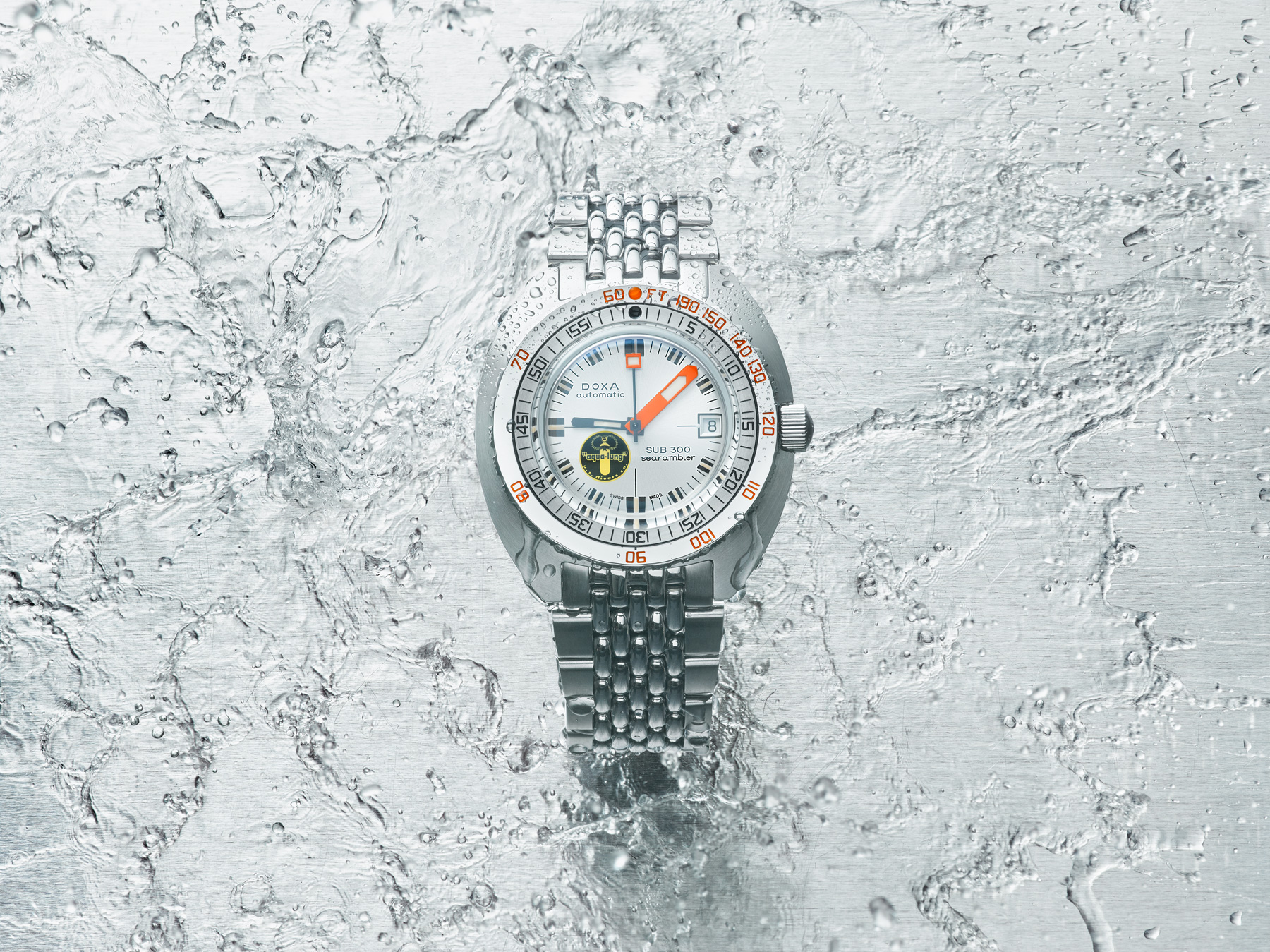Music
Trailers
DailyVideos
India
Pakistan
Afghanistan
Bangladesh
Srilanka
Nepal
Thailand
Iraq
Iran
Russia
Brazil
StockMarket
Business
CryptoCurrency
Technology
Startup
Trending Videos
Coupons
Football
Search
Download App in Playstore
Download App
Best Collections
Technology

- Details
- Category: Technology
Read more: EE launches new phone deal that lets you change tariffs whenever you want
Write comment (98 Comments)
I don&t know why Microsoft refuses to address legitimate, repeated, massively documented complaints about its Surface devices. We saw it happen with &Flickergate& — the profusely documented tendency of some Surface Pro 4 machines to flicker like fireflies in heat. It took more than a year of complaints and threatened lawsuits before Microsoft finally owned up to the problem and offered refurbished replacements.
- Details
- Category: Technology
Read more: Yet another Surface Book 2 problem: GPU not detected. Microsoft doesn’t care.
Write comment (97 Comments)
If artificial intelligence (AI) is the Holy Grail of software development, machine learning is its real-world, less-sexy cousin.
There's another difference between the two, which are often seen as two sides of the same coin: Machine learning is already in use as algorithms tackle everything from data security to financial transactions to app development, online search and even the directions you get from your smartphone. It can even suss out fake goods.
- Details
- Category: Technology
Read more: Tech Talk: Machine learning and AI deciphered
Write comment (100 Comments)
Applefocus on augmented reality (AR) is impacting far beyond the gaming and entertainment industries, and the AR business case is growing as enterprises continue to seek out new ways to deploy the tech to reach customers.
ARKit 2.0 opens virtual doors
Since Apple introduced ARKit, a slew of high-profile apps such as those from IKEA (and more recently, Curry&s) have shown how retailers hope to use the technology to reach consumers.
- Details
- Category: Technology
Read more: The rapidly growing business case for Apple’s ARKit
Write comment (90 Comments)It pays to be a monopolist.
Alphabetearnings were stellar, and that is truly saying something. Just a few weeks ago, the European Union placed a record €4.34 billion fine on the Mountain View-based company, a penalty for the companypayments to OEMs to include Google Search as the default search option in order to access Google Play, the companyApp Store.
The acrimonious feud with the EU has become such a constant financial concern for the company that it now includes a &European Commission fines& line item in its consolidated statements of income.
Yet, one can&t help but stand back in awe at a company whose results show the complete lack of teeth of existing antitrust law, whether here in America or anywhere else globally. Alphabet revenues grew by $6.6 billion, far more than the record fine the EU laid on the company. Net income for the quarter was $3.2 billion even after the fine was deducted as an expense. The Alphabet cash machine remains as strong as ever.
The EU fine was of course one component in the plan of the antitrust authorities. There are structural remedies, namely that Alphabet needs to cease and desist on leveraging Android to cement its market share in search. But at this point, what exactly are the alternatives for handset manufacturers DuckDuckGo Bing
My colleague Natasha Lomas along with many other journalists discussed the potential of the EU demanding that Alphabet being broken up. Yet, even such a meat cleaver of a structural remedy would seem to be useless at this juncture. Google Search essentially has no peer, and isn&t likely to have one in the near future. It has brand equity, data equity, extensive capital investments, and trade secrets. No amount of structural remedies save the complete destruction of the company is going to reduce those burdens to competition.
These fines then are less about punishing behavior — after all, they aren&t deterring would-be monopolists from their activities. Instead, they essentially act as an excess profits tax, a way to uniquely target extraordinarily profitable tech companies without changing general business taxes.
Even when we expand the lens beyond just these anticompetitive enforcement actions to include data sovereignty issues like GDPR, Alphabet is once again positioned to be a winner. As I have written before, Alphabet and Amazon are likely the only companies with sufficient scale to even begin to handle the myriad laws and regulations emanating around the world on data sovereignty. Far from empowering consumers, these laws essentially ensure that there is now an added ®ulatory network effects& barrier to competition in these markets.
The next billion internet users will ultimately determine the ceiling for Alphabetrevenues
To me, there is only one force today that has any potential to threaten Alphabetcomplete and on-going dominance, and that is China and its ambitious tech industry. Transsionsubsidiaries dominate in the African smartphone market, and it along with other smartphone players like Xiaomi have targeted India and its quickly burgeoning middle class. If the next one to two billion internet users come to rely on Chinese internet services instead of Alphabet, that could prove a serious competitive headwind for the company.
One legacy of GDPR may simply be that it forced large tech companies to double down on the U.S. and Europe at a time when they should have been focused on global expansion. Alphabet broke the $5 billion revenue barrier for the Asia-Pacific region for the first time this quarter, but that amounts to only 15.6% of the companyrevenues. Meanwhile, Facebook, dealing with its Cambridge Analytica imbroglio, has started to curtail the expansion of its Free Basics internet access scheme.
Those distractions provide a rare opportunity for Chinese companies to focus exclusively on global expansion. Certainly Huawei and ZTE have taken that course. While broadly blocked from the U.S. market and with Australia preparing to ban 5G deployments, the two have had tremendous success in developing markets, with infrastructure and handset products that are often significantly cheaper than competitors.
All of that might mean little to the U.S. or European consumer, but it does potentially put a ceiling on the growth of Alphabet and other large tech companies. As TechCrunch pointed out yesterday, there has been a race to see who will break the trillion dollar market cap barrier first among the major tech players. Alphabet is sitting at $865 billion and a trillion isn&t far away. But could it grow much beyond that That to me depends on these new, developing markets, and there the race is much more competitive.
As these earnings show, the jaws of antitrust have no teeth, and competitive dynamics might constrain Alphabet to merely be a trillion dollar company. It pays — over and over again — to be a monopolist.
- Details
- Category: Technology
Read more: Alphabet earnings and the jaws of antitrust
Write comment (98 Comments)Doxa is a storied dive watch company and their most popular watch, the Sub, has just gotten a 2018 overhaul. The watches were made famous by writer Clive Cussler whose character, Dirk Pitt, consulted his beefy Doxa on multiple occasions.
This new model is made in collaboration with gear manufacturer Aqua Lung and features a 42mm steel case with 300 meters of water resistance, a Swiss ETA movement, and a unidirectional diving bezel. It will cost $2,190 when it ships in August.

The SUB 300 ‘Silver Lung& continues the yearlong 50th anniversary celebration for DOXA Watches, whose pioneering SUB would first plumb the ocean depths in 1967 as the first purpose-built dive watch for the emerging recreational scuba diving market. Lauded for its bright orange dial and professional-grade build quality and dependability, the SUB quickly became the benchmark against which all other dive watches were measured, and ultimately won the approval of the pioneers of modern diving. This included those at Aqua Lung, who would soon distribute the watches under the US Divers name before consolidating into the singular name Aqua Lung in 1998.
Why is this important First, ita cool-looking watch and priced low enough for a Swiss movement and case to be interesting. Further, it has real history and provenance and is a little known brand. If you&re a diver or just want to pretend to be one you could do worse than this beefy and very legible piece.

- Details
- Category: Technology
Read more: Watchmaker Doxa resurrects its most famous dive watch
Write comment (98 Comments)Page 4635 of 5614

 17
17





